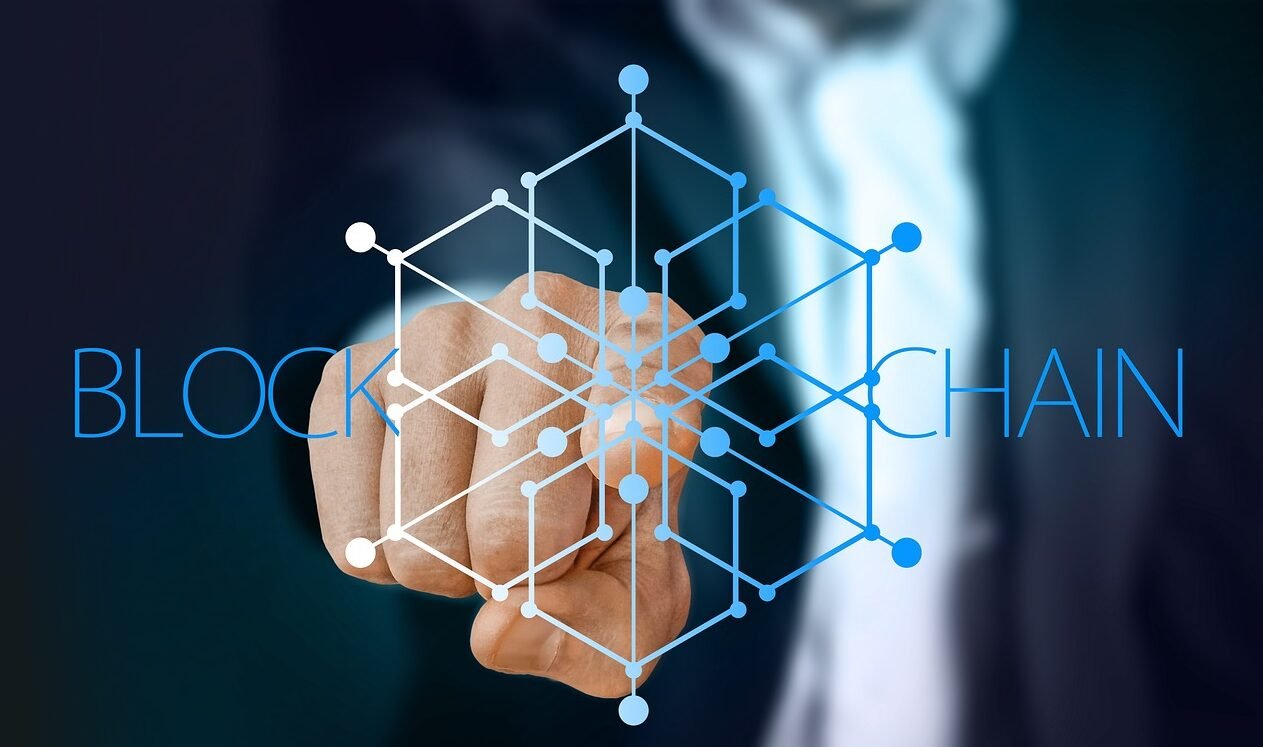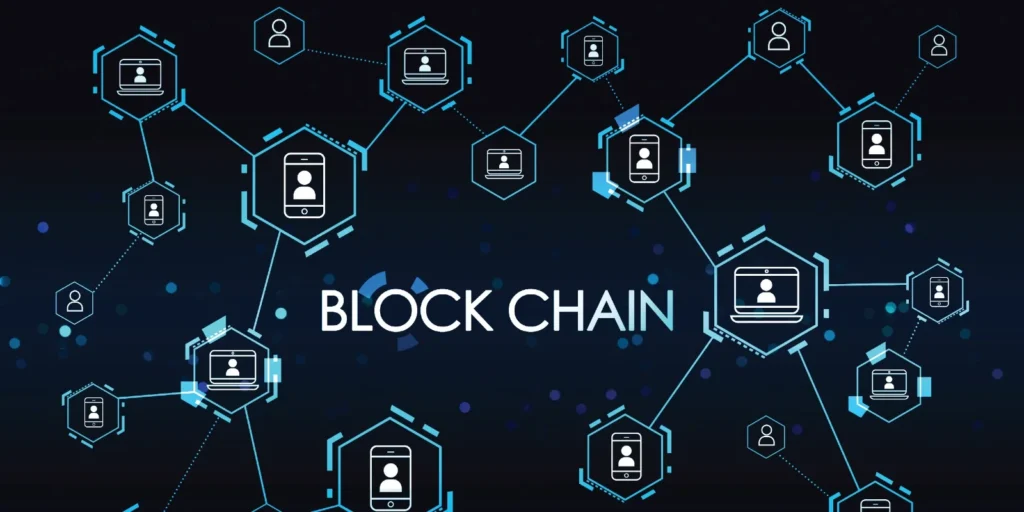The rapidly evolving blockchain landscape has created unprecedented demand for professional development services, making understanding blockchain development services cost crucial for businesses entering this transformative space. Whether you’re a startup exploring decentralized applications or an enterprise seeking custom blockchain solutions, accurate cost estimation determines project success and budget allocation.
Modern blockchain development encompasses various technologies, from simple smart contracts to complex decentralized finance platforms, each carrying distinct pricing structures. The blockchain development services cost varies significantly based on project complexity, technology stack, developer expertise, and geographic location. Industry reports indicate that blockchain development projects can range from $15,000 for basic applications to over $500,000 for enterprise-grade solutions.
Understanding these cost factors empowers decision-makers to navigate blockchain development investments strategically, ensuring optimal resource allocation while achieving desired technological outcomes in today’s competitive digital marketplace.
Understanding Blockchain Development Services Cost Structures
The blockchain development services cost framework operates on multiple pricing models, each suited to different project requirements and business objectives. Fixed-price contracts work best for well-defined projects with clear specifications, typically ranging from $25,000 to $200,000 depending on complexity. Time-and-materials arrangements offer flexibility for evolving requirements, with hourly rates varying from $50 to $250 based on developer experience and location.
Retainer-based models provide ongoing support and maintenance, usually costing 15-25% of initial development costs annually. Milestone-based payments align with project phases, reducing risk while ensuring quality deliverables throughout the development lifecycle.
Factors Influencing Development Costs
Project complexity serves as the primary cost driver in blockchain development. Simple token creation might cost $5,000-$15,000, while sophisticated DeFi protocols can exceed $300,000. Smart contract complexity directly impacts pricing, with basic contracts starting at $2,000 and advanced multi-contract systems reaching $50,000 or more.
Platform selection significantly affects costs. Ethereum development typically costs more due to gas fees and network congestion, while newer platforms like Polygon or Solana may offer cost advantages. Cross-chain compatibility requirements can increase development costs by 30-50% due to additional integration complexity.
Security requirements add substantial costs, with comprehensive audits ranging from $15,000 to $80,000. Enterprise-grade security implementations, including penetration testing and vulnerability assessments, can add 20-40% to base development costs.
Blockchain Development Services Cost by Project Type

Custom Blockchain Development
Custom blockchain networks represent the most expensive development category, with costs typically ranging from $150,000 to $1,000,000. These projects require extensive planning, consensus mechanism implementation, and network infrastructure setup. Enterprise clients often invest $300,000-$700,000 for private blockchain networks serving internal operations.
Public blockchain development costs significantly more due to security requirements, testing needs, and community building efforts. Successful public blockchain launches often require $500,000-$2,000,000 investments, including marketing and ecosystem development.
Smart Contract Development Pricing
Smart contract development costs vary based on functionality and security requirements. Basic contracts for token creation cost $2,000-$8,000, while complex DeFi protocols range from $25,000-$150,000. Multi-signature wallets typically cost $10,000-$30,000, depending on security features and user interface complexity.
Gas optimization adds 15-25% to smart contract costs but provides long-term savings through reduced transaction fees. Professional auditing adds $5,000-$25,000 per contract but remains essential for production deployments.
DApp Development Expenses
Decentralized application development costs depend heavily on user interface complexity and blockchain integration requirements. Simple DApps start around $20,000-$50,000, while feature-rich applications can cost $100,000-$400,000. Gaming DApps often exceed $200,000 due to complex tokenomics and user experience requirements.
Web3 integration adds $10,000-$30,000 to traditional web development costs, including wallet connectivity, transaction management, and blockchain state synchronization features.
Regional Blockchain Development Services Cost Variations
Geographic location dramatically impacts blockchain development services cost structures. North American developers command premium rates, with senior blockchain developers earning $120-$250 per hour. Silicon Valley rates often exceed $300 hourly for top-tier talent, while other US regions average $100-$180 per hour.
European blockchain development rates range from $80-$200 hourly, with countries like Switzerland and Germany at the higher end. Eastern European developers offer competitive rates of $40-$120 hourly while maintaining high quality standards, making this region attractive for cost-conscious projects.
Asian Market Pricing
Asian blockchain development markets offer significant cost advantages without compromising quality. Indian developers typically charge $25-$80 hourly, while maintaining expertise in major blockchain platforms. Singapore and Hong Kong command higher rates ($100-$200) due to regulatory clarity and financial sector focus.
Chinese blockchain developers offer competitive rates ($30-$100 hourly) with strong technical capabilities, though regulatory considerations may affect project feasibility. Philippines and Vietnam emerge as cost-effective alternatives with growing blockchain expertise.
Enterprise Blockchain Solutions Cost Analysis
Enterprise blockchain implementations require substantial investments due to integration complexity and security requirements. Large corporations typically invest $200,000-$1,500,000 for comprehensive blockchain solutions, including legacy system integration and staff training.
Supply chain blockchain solutions cost $100,000-$800,000, depending on network complexity and participant onboarding requirements. Financial services blockchain implementations often exceed $500,000 due to regulatory compliance and security mandates.
Implementation and Integration Costs
Enterprise blockchain integration costs extend beyond initial development, encompassing change management, staff training, and system migration expenses. These additional costs typically add 40-60% to base development expenses, making total project investments significantly higher than development-only estimates.
Legacy system integration presents unique challenges, often requiring custom middleware and API development. These integration projects can cost $50,000-$300,000 additional, depending on system complexity and data migration requirements.
Smart Contract Development and Auditing Costs
Smart contract security represents a critical cost component in blockchain development projects. Professional auditing firms charge $5,000-$50,000 per contract, with complex DeFi protocols requiring multiple audit rounds. Bug bounty programs add $10,000-$100,000 to security budgets but provide ongoing vulnerability detection.
Formal verification processes, while expensive ($20,000-$80,000), provide mathematical proof of contract correctness, essential for high-value financial applications. Insurance protocols and institutional DeFi projects increasingly require formal verification before deployment.
Security Testing Expenses
Comprehensive security testing includes automated scanning, manual review, and penetration testing. Automated tools cost $500-$2,000 monthly for enterprise licenses, while manual security reviews range from $10,000-$40,000 per project.
Continuous monitoring and incident response services add ongoing costs of $5,000-$20,000 monthly for enterprise applications. These services prove essential for maintaining security posture and regulatory compliance in production environments.
Blockchain Development Team Structure and Costs
Effective blockchain development requires diverse skill sets, impacting overall project costs. Core development teams typically include blockchain developers, smart contract specialists, frontend developers, and DevOps engineers. Senior blockchain developers command $120-$250 hourly, while junior developers cost $50-$100 hourly.
Project managers specializing in blockchain projects charge $80-$150 hourly, providing essential coordination for complex developments. UX/UI designers with Web3 experience cost $60-$120 hourly, ensuring user-friendly blockchain interfaces.
Specialized Roles and Rates
Blockchain architects command premium rates of $150-$300 hourly, providing technical leadership and system design expertise. Security specialists charge $100-$250 hourly, essential for audit preparation and vulnerability assessment.
Token economists and cryptography experts represent highly specialized roles, commanding $120-$200 hourly rates. These specialists prove essential for DeFi protocols and complex tokenomic implementations.
Hidden Costs in Blockchain Development Projects
Beyond obvious development costs, blockchain projects incur numerous hidden expenses that impact total investment requirements. Gas fees for Ethereum deployments can cost $5,000-$50,000 depending on network congestion and contract complexity. Testing network deployments add $2,000-$10,000 to development budgets.
Legal compliance reviews cost $15,000-$75,000 for complex projects, while regulatory filing fees vary by jurisdiction. Marketing and community building expenses often exceed $100,000 for public blockchain projects, essential for adoption and success.
Ongoing Maintenance Expenses
Blockchain applications require ongoing maintenance, updates, and monitoring. Annual maintenance costs typically range from 15-25% of initial development investment, covering bug fixes, security updates, and feature enhancements.
Cloud infrastructure for blockchain nodes and APIs costs $500-$5,000 monthly depending on usage and redundancy requirements. Professional monitoring services add $1,000-$10,000 monthly for enterprise applications.
Cost Optimization Strategies for Blockchain Development

Effective cost management in blockchain development requires strategic planning and vendor selection. Choosing established development frameworks reduces costs by 20-40% compared to building from scratch. Open-source solutions provide cost advantages while maintaining security and functionality standards.
Phased development approaches minimize initial investments while validating concepts. MVP development typically costs 30-50% less than full-featured applications, allowing iterative improvement based on user feedback and market validation.
Technology Stack Selection
Blockchain platform selection significantly impacts development costs and timelines. Ethereum alternatives like Polygon, Binance Smart Chain, or Solana offer lower transaction costs and faster development cycles. Layer-2 solutions reduce gas fees by 90% while maintaining Ethereum compatibility.
Modern development frameworks like Hardhat, Truffle, and Foundry accelerate development while reducing costs. These tools provide testing environments, deployment scripts, and debugging capabilities essential for efficient blockchain development.
Future Trends Affecting Blockchain Development Services Cost
Emerging technologies continue reshaping blockchain development cost structures. AI-powered development tools promise to reduce coding time by 30-50%, potentially lowering overall project costs. Automated testing and deployment pipelines improve efficiency while maintaining quality standards.
Cross-chain interoperability solutions add complexity but enable broader market access, justifying additional investment. Zero-knowledge proof implementations, while expensive ($50,000-$200,000), provide privacy and scalability benefits essential for enterprise adoption.
Market Maturity Impact
As blockchain development matures, standardization reduces costs while improving quality. Pre-built modules and templates accelerate development, reducing custom coding requirements by 40-60%. Professional service providers offer packaged solutions at fixed prices, providing cost predictability for common use cases.
Growing developer pools in emerging markets continue driving down labor costs while maintaining quality standards. Educational programs and certification initiatives expand available talent, improving cost efficiency across the industry.
Conclusion
Understanding blockchain development services cost structures empowers businesses to make informed investment decisions in this transformative technology space. From simple smart contracts starting at $2,000 to enterprise blockchain networks exceeding $1,000,000, cost planning requires careful consideration of project complexity, security requirements, and long-term maintenance needs.
Success in blockchain development demands balancing cost optimization with quality delivery, security standards, and regulatory compliance. Professional development teams, comprehensive auditing, and ongoing maintenance represent essential investments ensuring project success and long-term viability.
READ MORE:Best Blockchain Investment Opportunities 2025 Top 15 Profitable



















